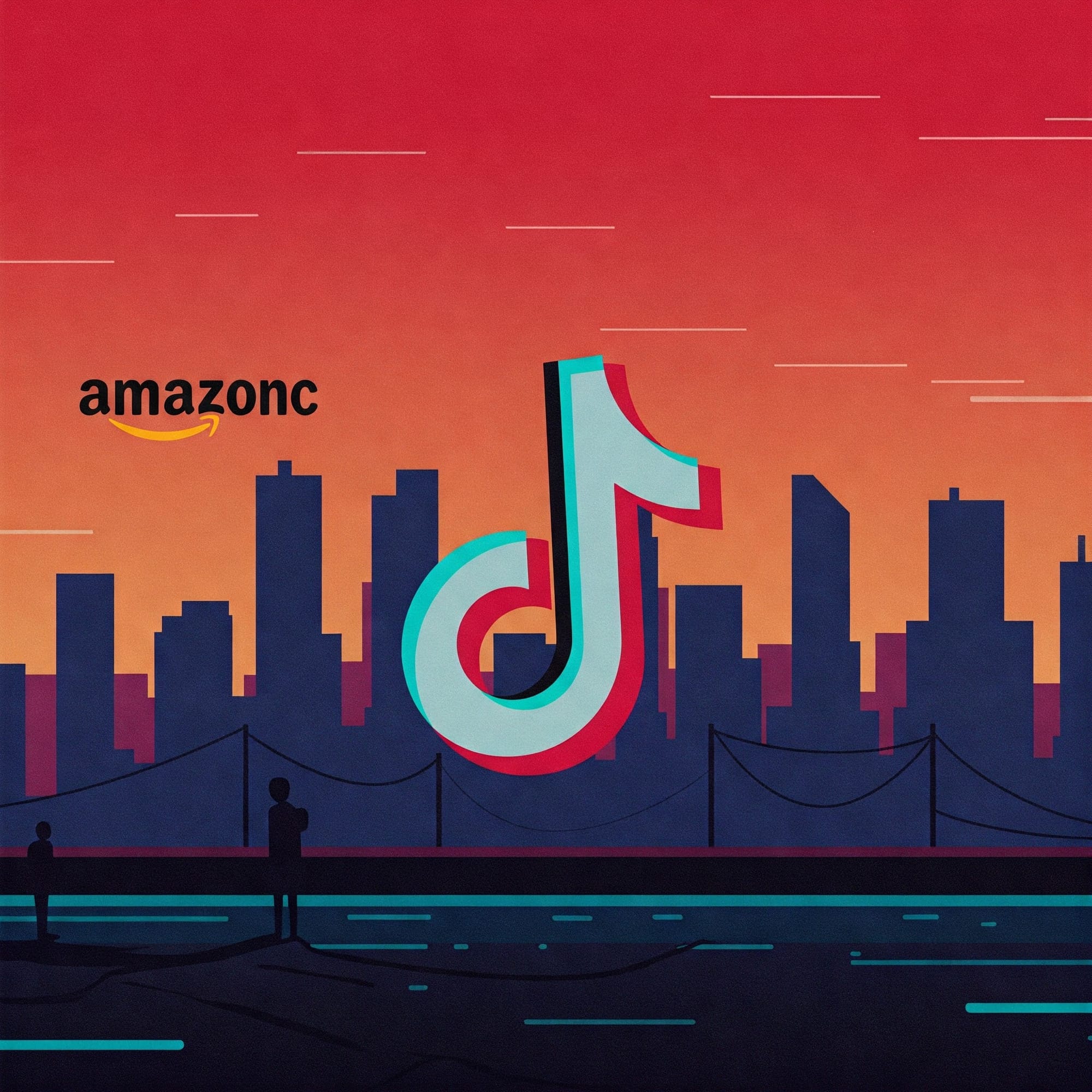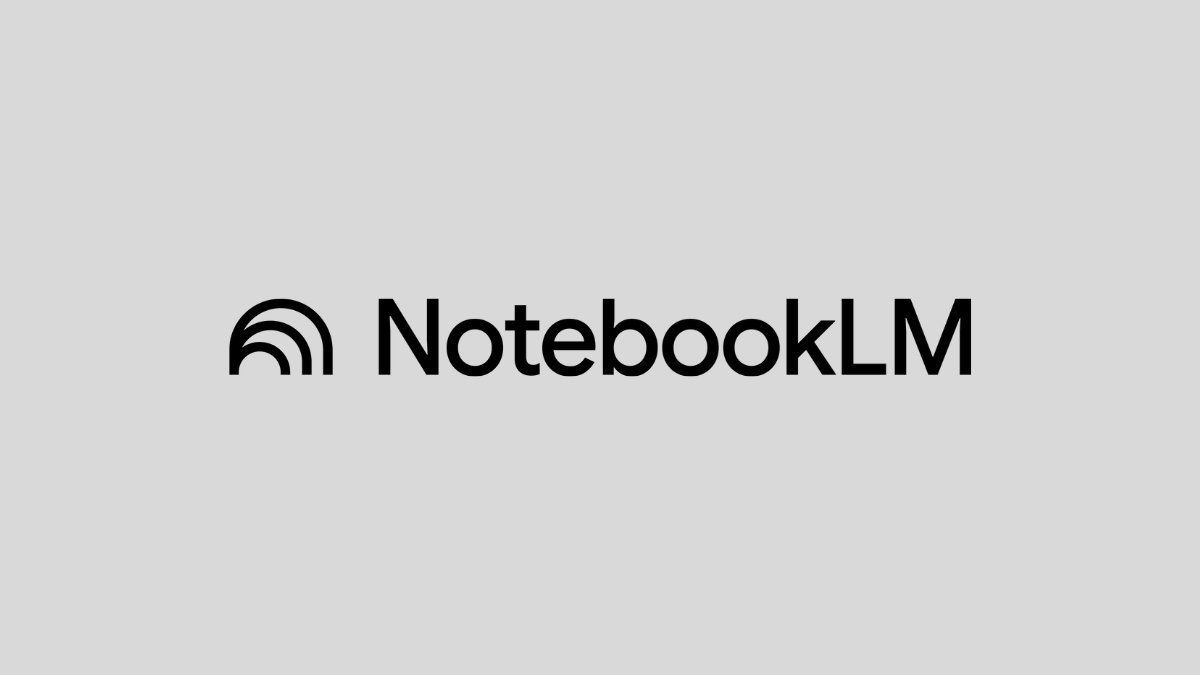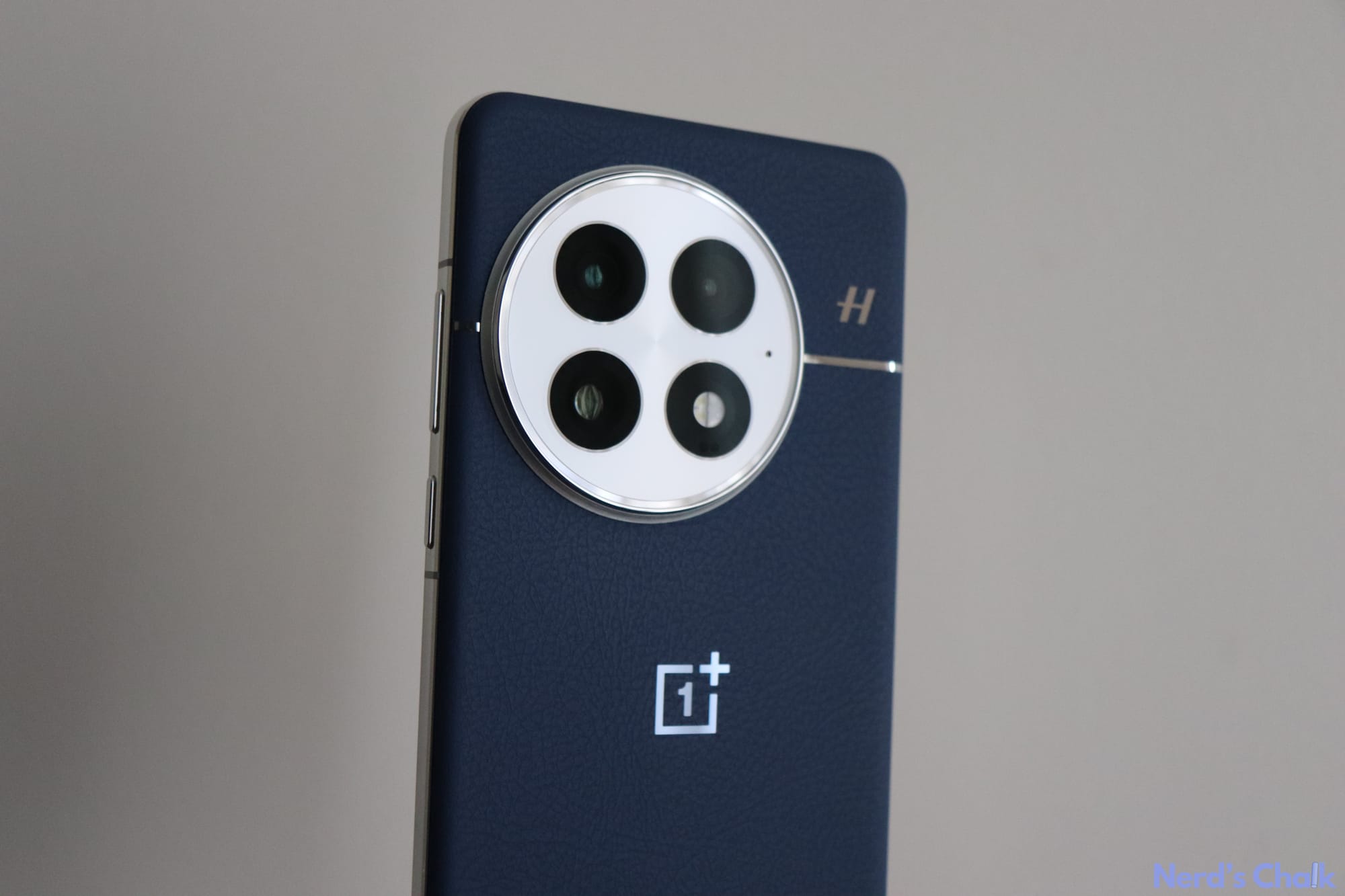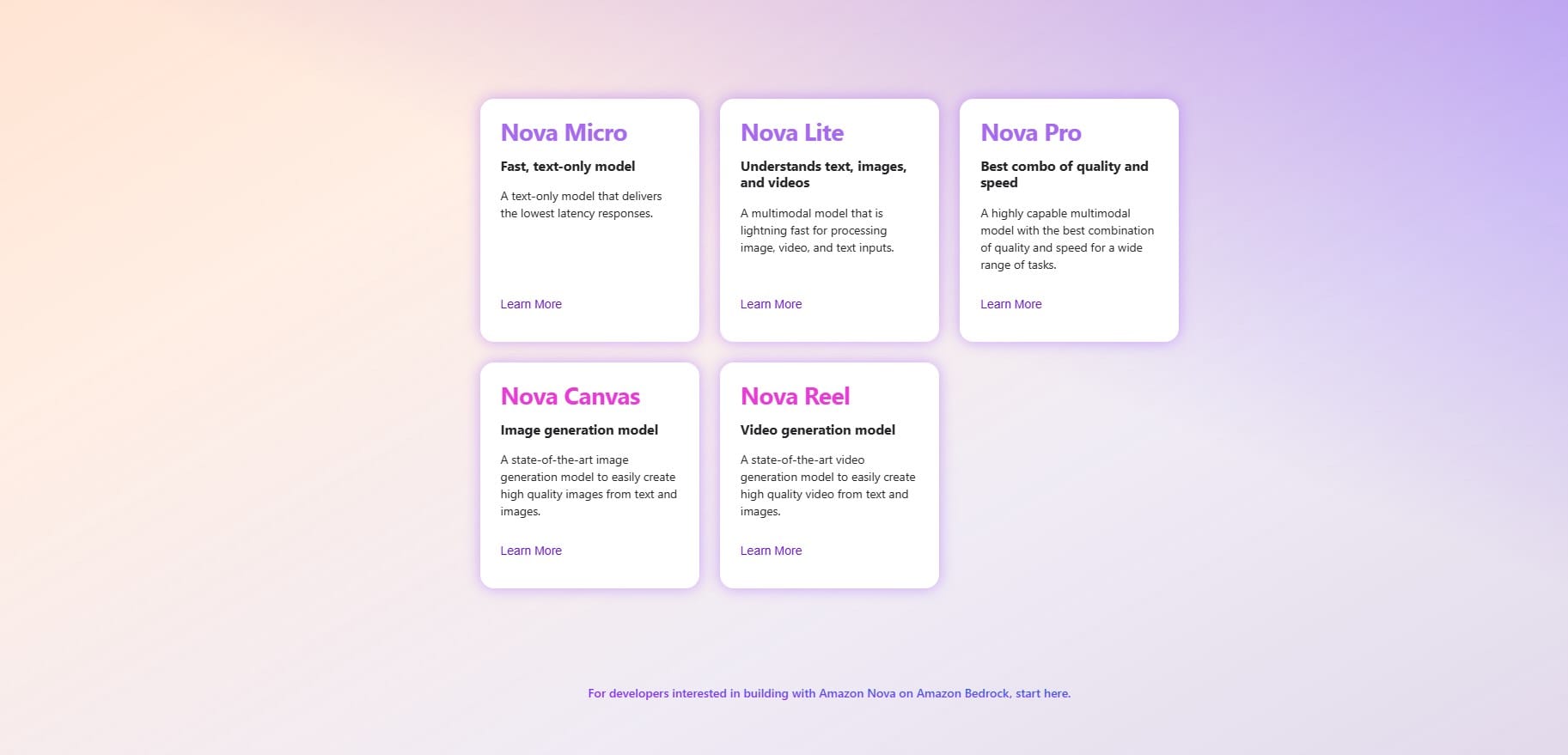What to know
- Google admits to pressuring influencers to showcase Pixel 9.
- Team Pixel form threatened termination of brand relationships.
- Controversy raises questions about influencer marketing practices.
In a surprising turn of events, Google has acknowledged that it pressured social media influencers to prominently feature its latest smartphone, the Pixel 9. This admission comes after a leaked #TeamPixel form revealed the tech giant’s aggressive marketing tactics.
According to reports, Google’s influencer program, known as Team Pixel, required participants to sign a form that explicitly stated a preference for the Pixel 9. Failure to comply could result in the termination of their relationship with the brand, the form went on to read.
This revelation has sparked a debate about the ethics of influencer marketing, while many are wondering whether most product endorsements on social media platforms have been coerced similarly.
The leaked Team Pixel form reportedly included language that left little room for interpretation. Influencers were told they are “expected to feature the Google Pixel device in place of any competitor mobile devices“. The form went on to read “if it appears other brands are being preferred over the Pixel, we will need to cease the relationship between the brand and the creator.”

The link to the Pixel Team Creator Survey has since been shut down. In response to the controversy, Google released a statement saying that the wording was wrong and that the language used ‘missed the mark’. The statement reads:
“We missed the mark with this new language that appeared in the #TeamPixel form yesterday, and it has been removed.”
Google’s admission has led to widespread criticism from consumers and marketing professionals alike. Such practices not only undermine the trust between influencers and their followers, but also between the general user and Google.
This incident highlights the growing scrutiny of influencer marketing practices across the tech industry. It raises important questions about disclosure and authenticity in social media promotions.












Discussion